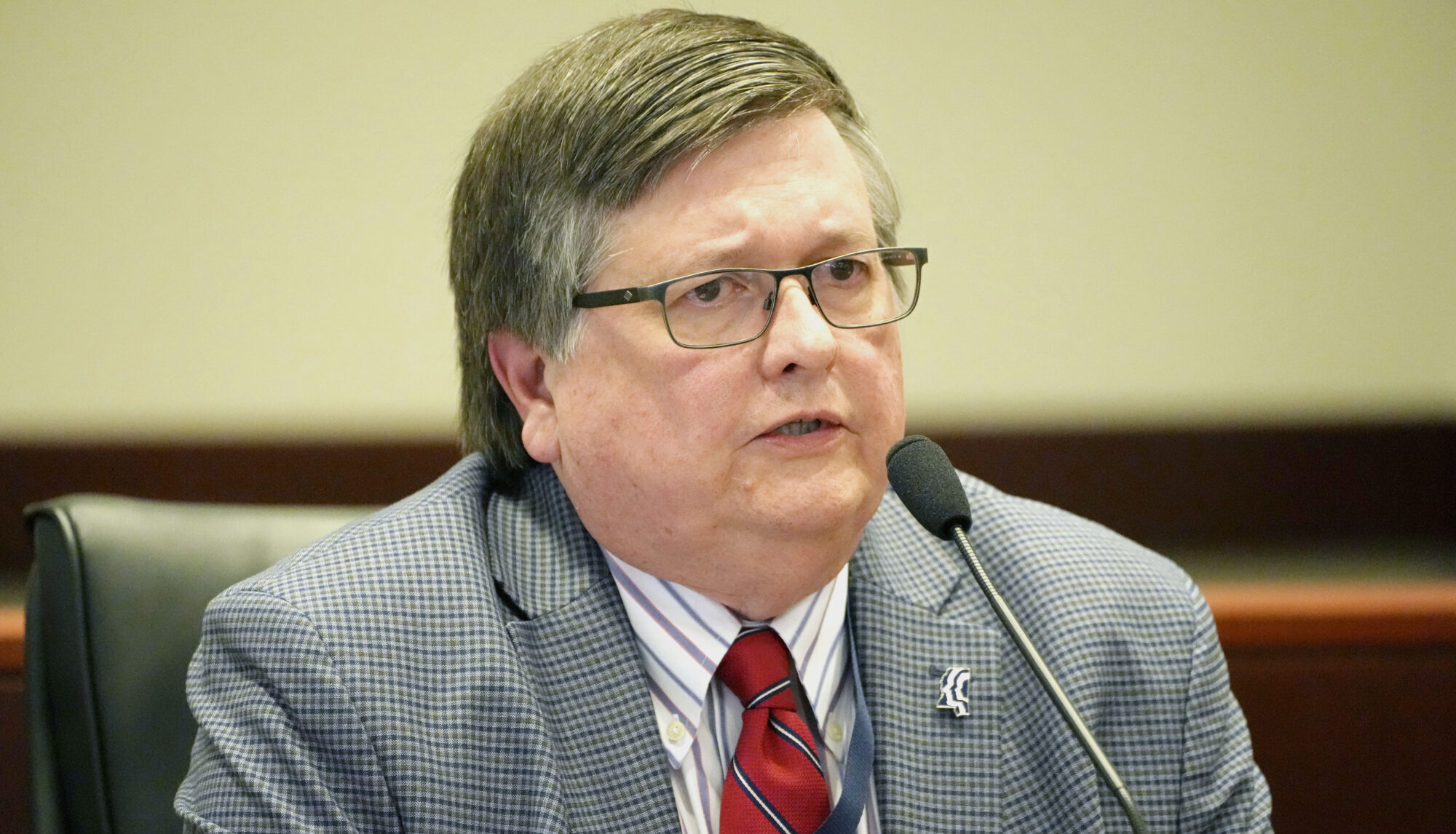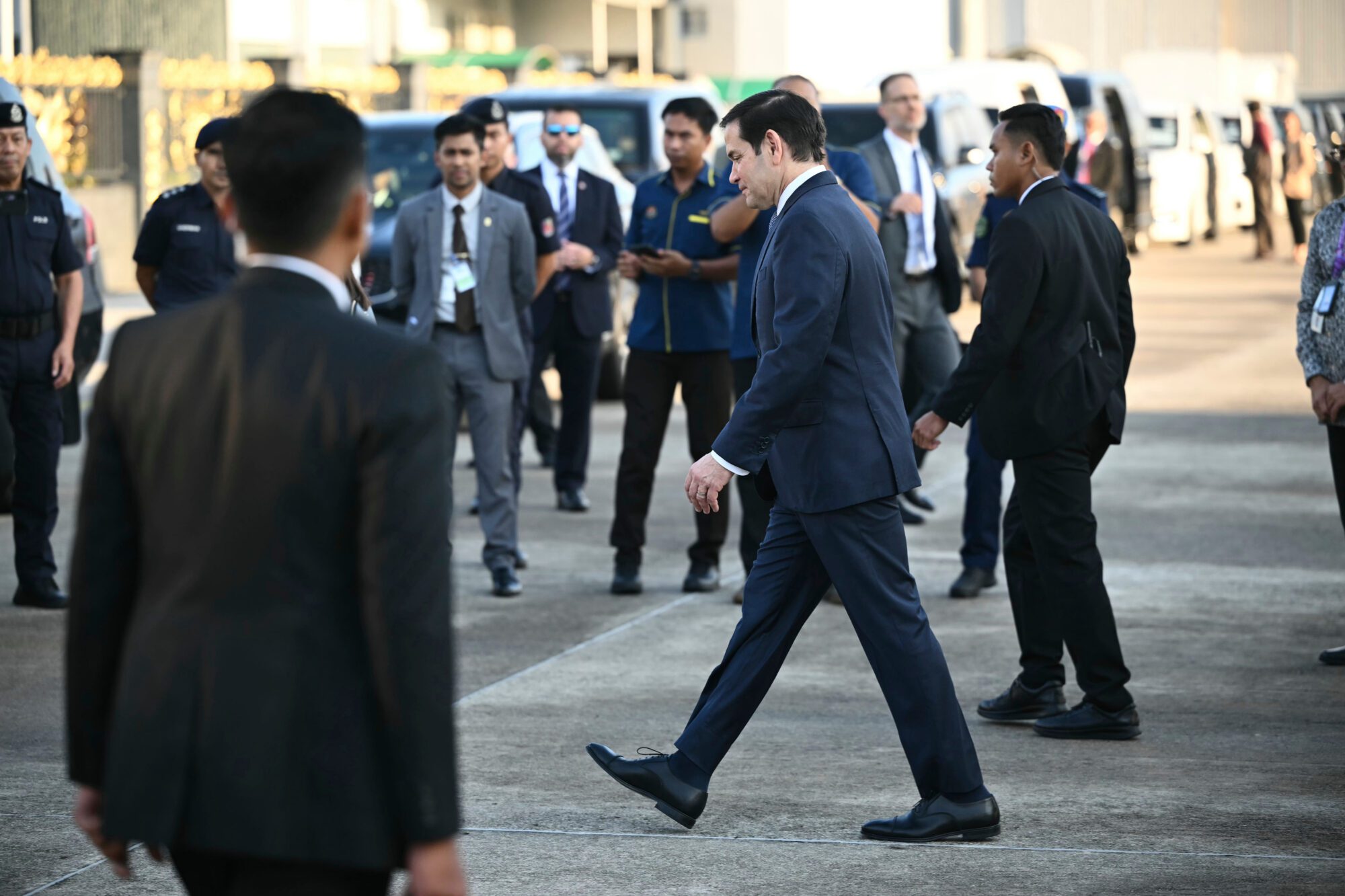RELEASE
Wicker Works to Prevent Child Deaths in Overheated Cars
Public Awareness Campaign, New Legislation Draw Attention to Nationwide Issue
The arrival of National Heatstroke Awareness Day on July 31 came on the heels of some particularly heart-wrenching news. A 7-month-old and a 1-year-old died within 24 hours in Phoenix after being left in cars as temperatures topped 100 degrees outside.
The tragedy is all too familiar, and it devastates families across the nation. According to the website NoHeatstroke.org, which compiles extensive research and data on the issue, 29 children have died from heatstroke in cars this year. Eleven of these deaths happened in July.
Unfortunately, our state has not escaped these tragedies. NoHeatstroke.org found that Mississippi has had the worst number of deaths per capita, with 17 children dying in parked cars since 1998. Other states with excessively hot weather also had high numbers. Nationwide, heatstroke in a vehicle has been the cause of death for 729 children over the past 19 years – most of them accidental, with parents or caregivers simply forgetting a child was in the backseat of the car.
How We Can Be More Vigilant
There are ways to prevent the loss of innocent life in a parked vehicle. Parents, caregivers, and vigilant citizens all play a role in keeping children out of harm’s way or rescuing them from an overheated car. Safe Kids Worldwide, a nonprofit group focused on child safety, recommends that drivers put a purse or briefcase in the backseat to remind them that a child is there. The group also suggests having daycare providers alert parents if their child has not arrived. Keeping car doors locked can ensure that children will not get inside without adult supervision.
I have joined the nationwide effort by the Alliance of Automobile Manufacturers to raise awareness about the dangers of leaving a child in a parked car. This effort includes a public service announcement reminding everyone to call 911 if they see a child alone in a car. Children are especially vulnerable to heatstroke in a vehicle, where temperatures can soar past 120 degrees. Not only are they unable to unlock or open the door, but their body temperature rises faster than that of adults. A heatstroke can take a child’s life in matter of minutes.
How We Can Make Our Cars Safer
Conversations on the future of automotive technology, including autonomous vehicles, have already begun in Congress. The development of devices that could help save children from heatstroke in a car should be part of these discussions. I recently cosponsored the “Helping Overcome Trauma for Children Alone in Rear Seat Act (HOT CARS Act),” which could lead to the installation of sensors in cars that let drivers know when a child has been left in the backseat. These features should be as commonplace as airbags or child safety locks. Given the amount of time that we spend in our cars getting to school or work, safety is not a feature to shortchange.
I hope these conversations in Congress and public service announcements will raise awareness about the heatstroke risk for children in vehicles.
8/7/17






